The Power of Knowing When to Close
August 2024 / Amanda Stonerock
Running a business is often perceived as a journey with no end in sight. The prevailing narrative is that businesses should grow indefinitely, expand their reach, and continue to generate profit year after year. However, the reality is that some businesses are not meant to last forever, and that’s perfectly okay. Knowing when to close a business because it has served its purpose can be one of the most strategic decisions an entrepreneur can make. Here’s a deep dive into why closing a business at the right time can be a positive and even empowering experience.
Understanding the Concept of a Purpose-Driven Business
Not every business is built to be an empire. Some businesses are created with a specific purpose in mind, whether it's addressing a temporary market need, solving a short-term problem, or responding to a unique situation. The COVID-19 pandemic, for example, saw a surge in businesses designed to meet immediate needs—such as producing personal protective equipment, providing virtual services, or offering delivery solutions. These businesses were vital at the time, but as the world adapts and evolves, the demand for these services may diminish. When the original purpose has been fulfilled, it may make more sense to close the business rather than force it to continue in a different direction.
The Success of a Business Shouldn't Be Measured by Longevity Alone
Success in business is often measured by how long a company stays in operation. However, this view can be misleading. The impact a business makes during its existence can be far more significant than the length of time it remains active. A business that meets its goals, serves its community, and fulfills its mission in a few years can be considered just as successful, if not more so, than one that exists for decades without clear direction or impact.
Resource Reallocation: Moving On to New Opportunities
Closing a business doesn’t mean the end of entrepreneurial spirit. In fact, it can free up resources—both financial and human—to be reinvested in new ventures that align with current market needs or personal interests. By understanding when a business has fulfilled its purpose, entrepreneurs can make room for innovation and creativity, ultimately leading to the next successful project.
Recognizing When It's Time to Close: A Sign of Maturity
Making the decision to close a business requires a level of self-awareness and maturity that not all entrepreneurs possess. It’s easy to get emotionally attached to a business, especially if it’s something you’ve built from the ground up. However, clinging to a business that has outlived its purpose can lead to unnecessary stress, financial strain, and wasted resources. Recognizing when to close a business is a sign that you understand the business cycle and are willing to make tough decisions in the best interest of your long-term goals.
Celebrating Success: The End Is Just Another Beginning
Closing a business that has served its purpose should be viewed as a celebration of success rather than a failure. It’s an opportunity to reflect on what was achieved, the challenges overcome, and the impact made on the community or industry. This mindset allows entrepreneurs to close one chapter with confidence and excitement for what comes next.
In fact, the closure of a successful business can lead to new ventures, partnerships, or even a period of rest and reflection that leads to personal growth. This is especially true for businesses that were created in response to specific, time-bound events or crises. Once the crisis is over, the business can be closed with the knowledge that it made a difference when it was most needed.
My Personal Experience: Closing a Business After COVID-19
In my own journey as an entrepreneur, I experienced this firsthand. During the height of the COVID-19 pandemic, I started a business that was tailored to meet the immediate needs of the community—providing essential services that were in high demand at the time. As the world slowly adapted to the new normal and the demand for those services decreased, it became clear that the business had served its purpose. Instead of trying to pivot in a direction that didn’t align with my original vision, I made the decision to close the business.
This decision wasn’t taken lightly, but it allowed me to refocus my energy and resources on other ventures that were more aligned with the current market needs and my personal goals. The closure of that business wasn’t an end, but rather a transition to new opportunities that have since proven to be incredibly rewarding.
Closing a business when it has served its purpose is not a sign of failure—it’s a strategic move that allows entrepreneurs to focus on what’s next. By understanding the life cycle of a business, recognizing when a mission has been accomplished, and being willing to move on, entrepreneurs can continue to innovate, grow, and succeed in new ventures. Whether it's reallocating resources to a new project, celebrating the impact made, or simply knowing when to step back, closing a business at the right time is an essential skill in the entrepreneurial toolkit.
